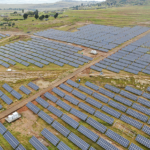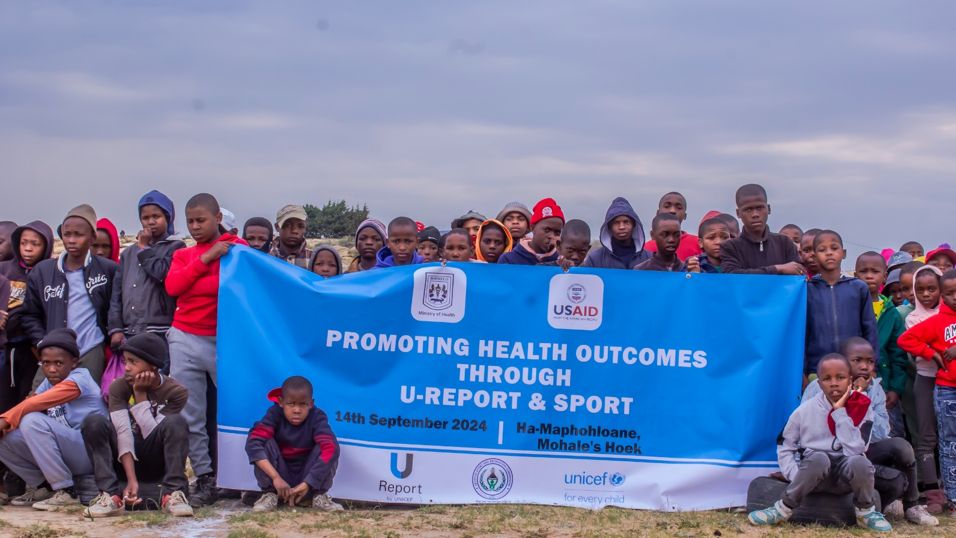The sun beats down mercilessly on the parched earth of Ha Ramokhele, an old village just outside the city centre of Mafeteng.
Here, amid the dust and debris, an open roadside well stands as a lifeline for desperate villagers.
The air around it carries a sharp, unpleasant odour, thick with the hum of swarming flies.
Yet, for many, this water is their only hope of survival.
During a visit to the area, Newsday witnessed first-hand the grim reality of a community brought to its knees by an acute water shortage.
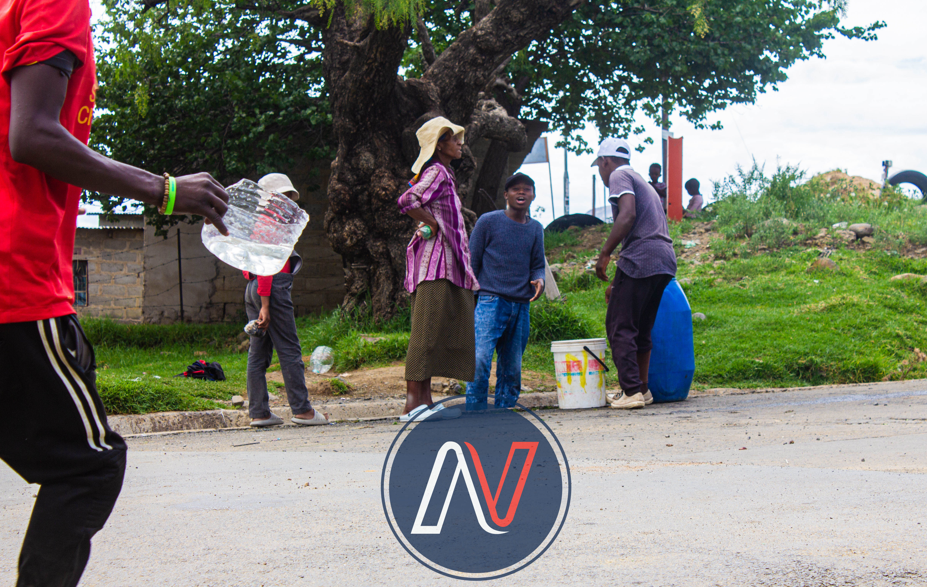
What was once a small, overlooked water source has become a critical supply point for hundreds of people, regardless of its alarming state.
Among those drawing water from the well is Moshoeshoe, an elderly man whose face bears the etchings of hardship.
With two large containers in hand and tightening the lid on one of his water containers, he said: “This is where we fetch water every day.”
He added: “Even when the taps are working, some of us have no choice but to come here. But now, with no water anywhere else, even those with taps must come here.”
The well, positioned near the ruins of the former Mafeteng Correctional Facility, is surrounded by discarded plastic waste and food scraps.
Children, barefoot and dusty, dart around its edges, their laughter incongruous against the bleak backdrop. Some dip old plastic bottles into the water, filling them for their families at home.
Mahambaetoa Moletsane, a resident of Ha Motlere, described his daily struggle: “I rent a house with a tap, but most of the time, there’s no water. So I walk there, near what used to be the prison, to get water. There’s nothing else we can do.”
For many, this likely contaminated water is used for drinking, cooking, bathing, and even brewing traditional beer.
Phokeng Lets’oara, a vendor who makes and sells the local brew, said she has no choice but to use the unsafe water. “We can’t afford to buy water from Chinese supermarkets that still have running taps,” she explained.
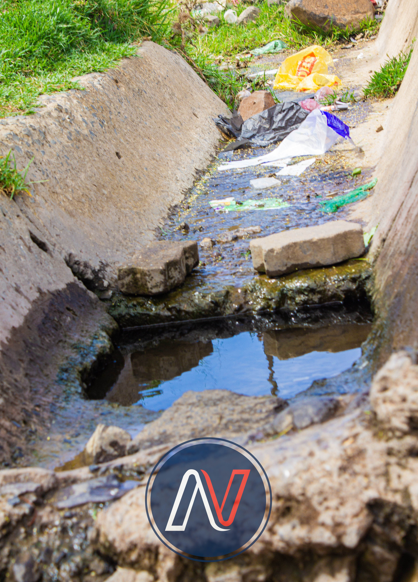
“Some customers have complained about stomach illnesses. Even the beer doesn’t taste right, but what choice do we have?”
The health consequences have allegedly been noticeable.
A group of young boys playing near the well share their own experiences. “Last December, some people got sick,” said one boy. “There was diarrhea, stomach cramps. We all know it’s because of the water, but we have nowhere else to go.”
The situation in Ha Ramokhele reflects a larger crisis across Lesotho.
According to World Vision, 80 percent of rural communities in the country still depend on unprotected water sources, with many traveling over 30 minutes to fetch what little they can find.
This stark reality stands in contrast to Lesotho’s major water export projects: the Lesotho Highlands Water Project (LHWP) supplies over 760 million cubic meters of water annually to South Africa, a figure set to rise with Phase Two.
Meanwhile, the Lesotho-Botswana Water Transfer Project, currently in feasibility studies, aims to send Lesotho’s water over 700 kilometers to Botswana.
However, within its own borders, Lesotho struggles to provide its people with access to safe drinking water. The Lesotho Water and Sanitation Policy of 2007 mandates that all Basotho should have sustainable access to potable water, a goal echoed in the UN’s Sustainable Development Goals for 2030.
But for the people of Mafeteng, those promises remain as dry as their empty taps.
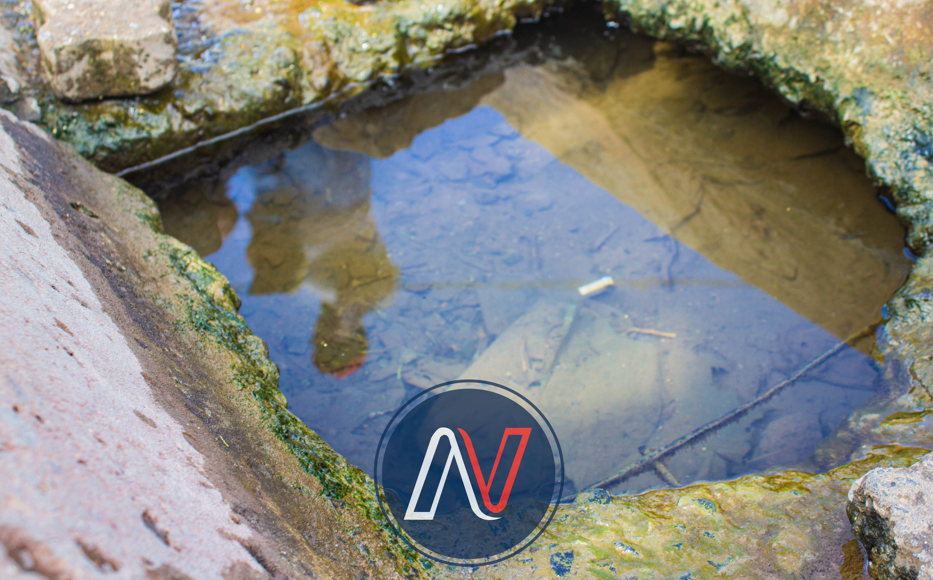
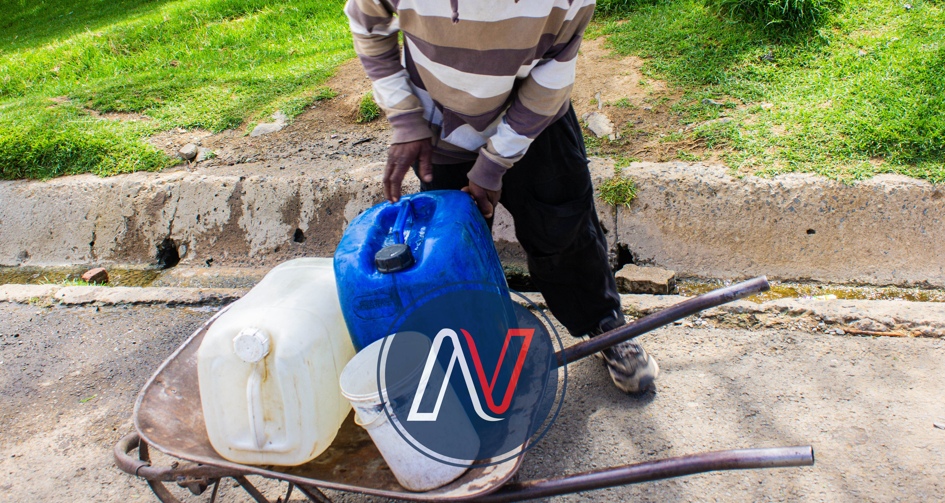
Summary
- The sun beats down mercilessly on the parched earth of Ha Ramokhele, an old village just outside the city centre of Mafeteng.
- During a visit to the area, Newsday witnessed first-hand the grim reality of a community brought to its knees by an acute water shortage.
- The Lesotho Water and Sanitation Policy of 2007 mandates that all Basotho should have sustainable access to potable water, a goal echoed in the UN’s Sustainable Development Goals for 2030.

Ntsoaki Motaung is an award-winning health journalist from Lesotho, specializing in community health stories with a focus on sexual and reproductive health and rights, as well as HIV. She has contributed to platforms like “Be in the KNOW,” highlighting issues such as the exclusion of people with disabilities from HIV prevention efforts in Lesotho.
In addition to her journalism, Ntsoaki serves as the Country Coordinator for the Regional Media Action Plan Support Network (REMAPSEN). She is also a 2023 CPHIA Journalism Fellow.



